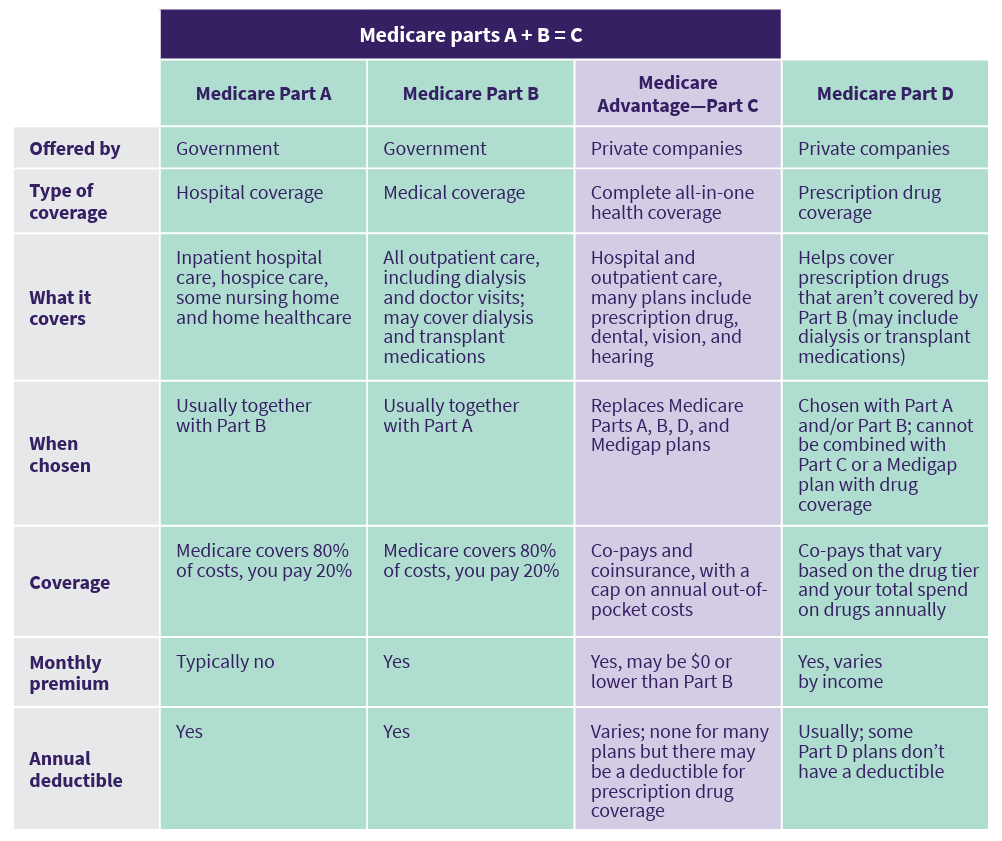Insurance Basics: Basics of Medicare
Explore your insurance options for kidney disease. Learn about Medicare, supplemental insurance, and employer health plans to find the perfect coverage for your needs.

Original Medicare is a government-sponsored health insurance plan providing coverage to qualified U.S. citizens and legal residents. The plan is made up of parts that offer hospital, medical, and prescription coverage.
Medicare eligibility
You are eligible for Medicare at age 65, or earlier if you have certain health conditions, including end stage kidney disease (ESKD). You are generally eligible after three months of dialysis or after completing home dialysis training.
Additional resources to help with Medicare coverage
Medicare Advantage
Medicare Advantage is available for people with ESKD who are eligible for Medicare. It combines parts of Medicare plans and may offer benefits not included in original Medicare coverage.
Medicare Supplemental Insurance
Medigap is a form of supplemental, secondary insurance sold by private insurance companies to help with uncovered out-of-pocket costs.
Medicare Savings Program
This program is offered by states to people with limited income to help with uncovered out-of-pocket costs. Visit Medicare.gov for more information.
Employer group health plans
If you choose Medicare, you can keep your employer group coverage and Medicare together for 30 months. After that, Medicare becomes your primary insurance, and you can keep your employer plan as secondary insurance.
Understanding Medicare Parts: A, B, C, & D
Medicare Parts A, B, and D cover different medical expenses and require a combination to get full coverage. Medicare Part C (Medicare Advantage) replaces Parts A and B and often includes prescription coverage and additional benefits.

We are here to help
We are here to support you along the way. Reach out if you have questions about your Medicare insurance options.
This serves only as a guide. Talk with your healthcare provider for more information based on your health needs.